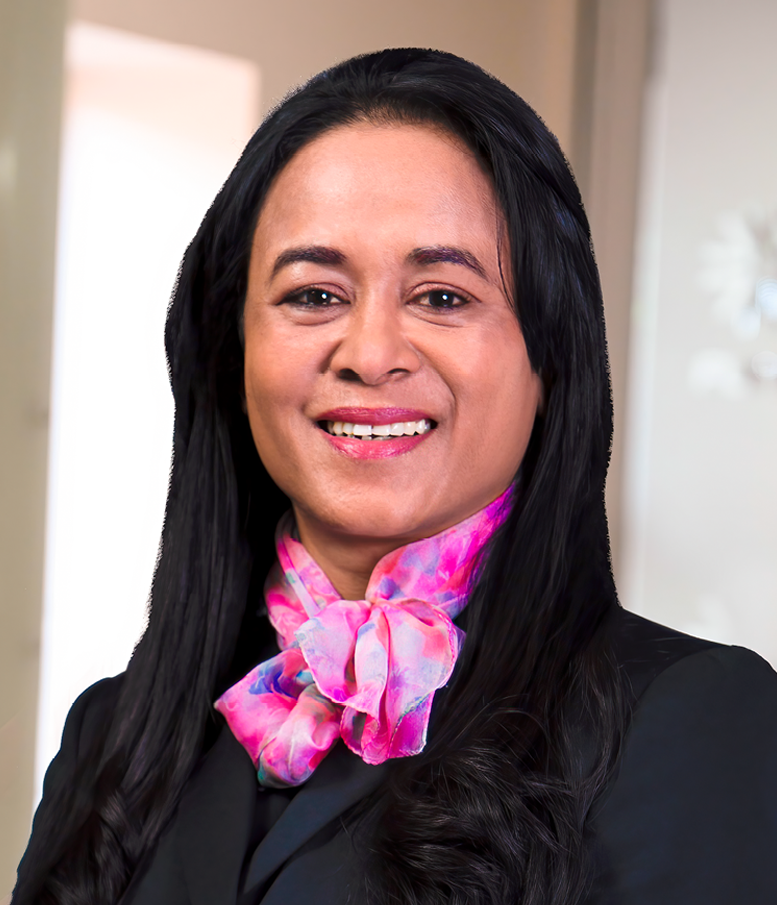As we commemorate Women’s Month and reflect on the strides South Africa has made in empowering women and advancing gender equality, it’s important to consider the holistic outcomes of our efforts – ensuring no-one is left behind. Mala Suriah, the CEO of Fundi, emphasises the value of taking an inclusive approach to empowerment, especially one that supports the country’s young men.
South Africa has a proud history of championing women’s rights. “The progress we have achieved over the past three decades speaks directly to this,” says Suriah. “From increased representation in leadership roles to greater access to education and economic opportunities, women are increasingly taking their rightful place at the forefront of our society. This empowerment is a fundamental pillar for building a more just, equitable and prosperous South Africa.”
She adds that this is something Fundi’s data is already reflecting – with over 60% of its customers female; “This clearly indicates that women are playing a key role in enabling their own education, as well as the education of their dependents.”
That being said, in our necessary pursuit of women’s empowerment, Suriah notes that we must also consider the broader societal landscape and how our actions might inadvertently be creating unintended consequences. “True progress lies in empowerment without exclusion. While celebrating the advancements of women, we must acknowledge and address the multiple challenges currently faced by our young men; particularly those growing up with no supporting strong male role models. A truly balanced and thriving society means that we need to empower them to grow and thrive in a society that includes strong, driven women. Only then will we ensure that no generation or gender is left behind.”
Suriah explains that our journey towards gender equality has inadvertently cast a shadow on the struggles of young men: “South Africa’s youth unemployment statistics for the first quarter of 2025 remain a staggering 62.4% for those aged 15 – 24, with the total youth jobless rate (15 – 34) reaching 46.1%. While these figures impact all young people, the societal pressures and expectations on young men – often as traditional providers – can exacerbate the psychological and social toll of joblessness.”
Beyond unemployment, young South African men grapple with a myriad of challenges that often go unaddressed. “As Fundi we recognise that limited family support can leave many of the students we enable (as well as our own team members) feeling isolated and without guidance. Mental health challenges are also rampant in our communities[1], with this silent crisis further compounded by a concerning link between poor mental health among men and the high rates of gender-based violence (GBV) in the country [2]. Adolescent boys and young men face significant burdens including substance and alcohol abuse, and the pervasive threat of HIV. These are not isolated issues; they are interconnected societal challenges that demand our urgent attention – potentially impacting the long-term effectiveness of programmes supporting women.”
Ignoring these realities is a disservice to our collective future. “How can we expect empowered women to thrive in a society where their male counterparts are struggling with unemployment, mental health crises and a lack of foundational support? We must rather foster an environment where both men and women are equipped with the tools, resources and emotional resilience needed to navigate the complexities of modern life and build a shared prosperous future.” She believes that this will require corporates to take the lead.
“As an organisation with over 200 employees – 71% of whom are women – we are very aware that for our empowered women to truly flourish, they need partners, brothers, sons and colleagues who are equally empowered and secure in their identities. As Fundi we have therefore started actively investing in the holistic development of the young men in our teams; working to equip them with the emotional intelligence and communication skills needed to thrive alongside, rather than in opposition to their female colleagues. For us, it’s about fostering a new masculinity that embraces partnership, respect and shared responsibility, moving beyond outdated patriarchal norms that harm both men and women,” Suriah explains.
She emphasises that this is not about detracting from the vital work of women’s empowerment, but rather about expanding our vision of equality to include all members of society: “Gender equality is a societal benefit, not a zero-sum game. When young men are supported, educated and given pathways to success, they are more likely to be positive contributors to their families and communities, less prone to destructive behaviours and more capable of building healthy, equitable relationships with women. They become allies in the journey towards a truly gender-equal society, rather than feeling marginalised or threatened by it.”
This Women’s Month let’s broaden our perspective on empowerment to celebrate the incredible achievements of women while simultaneously committing to the holistic development and support of our young men. “In this way, we can cultivate a society where empowerment is truly inclusive and where the full potential of every South African is realised. Only then can we build a nation that is not only equitable but also strong, resilient and truly prosperous for all,” Suriah concludes.
Leigh Callipolitis

